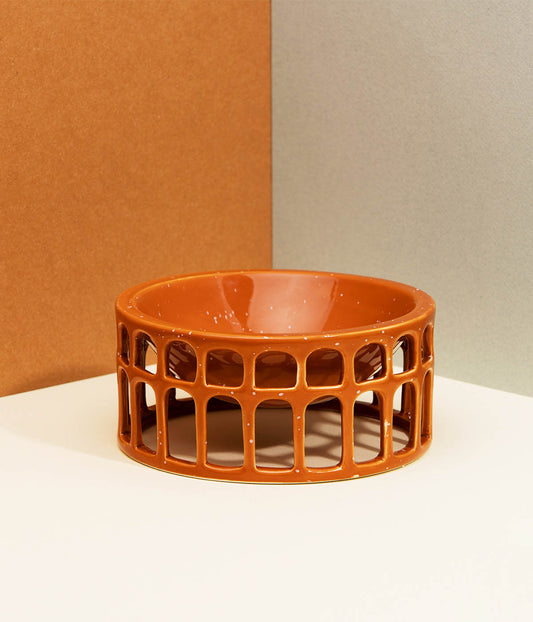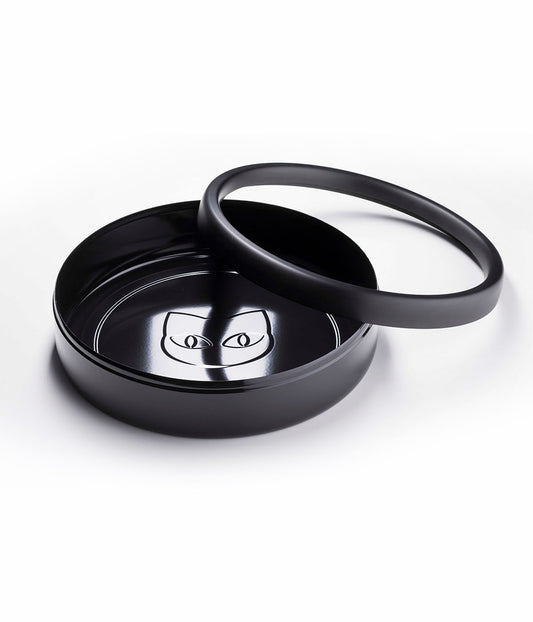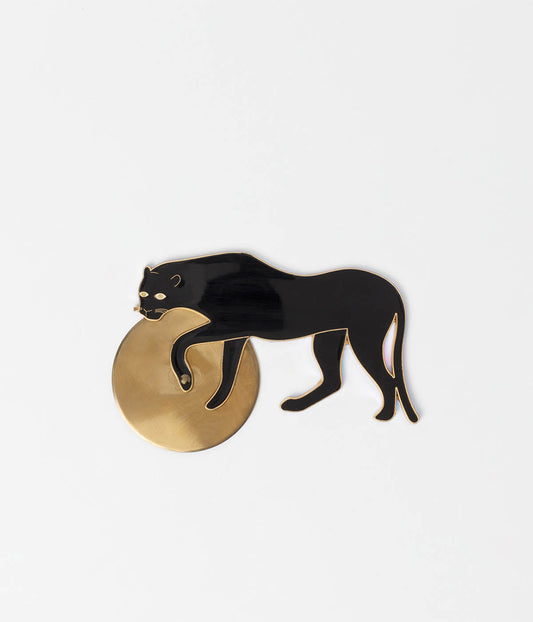
What to Do if Your Dog Has Fleas
Marie DuchessOne common problem that many dogs face is fleas. These tiny parasites can cause discomfort and health problems for your dog if left untreated. If you suspect that your dog has fleas, here are some steps you can take to address the issue:
1. Confirm the presence of fleas
Before taking any action, it's essential to make sure that your dog actually has fleas. Look for signs such as excessive scratching, red and irritated skin, small black specks (flea dirt) on your dog's fur, or even seeing the fleas themselves. You can use a fine-toothed flea comb to comb through your dog's fur and check for any signs of fleas.
2. Treat your dog
Once you have confirmed the presence of fleas, it's time to take action. There are various flea treatment options available, including topical treatments, oral medications, and flea collars. Consult with your veterinarian to determine the most suitable treatment for your dog based on their age, weight, and overall health.
3. Treat your home
Fleas can quickly infest your home, so it's crucial to address the issue beyond just treating your dog. Vacuum your carpets, rugs, and upholstery thoroughly to remove any flea eggs, larvae, or pupae. Wash your dog's bedding and any other fabric items they frequently come into contact with in hot water. Consider using a flea spray or fogger specifically designed for home use to eliminate any remaining fleas.
4. Prevent future infestations
Prevention is key when it comes to fleas. Regularly use flea preventatives recommended by your veterinarian to keep your dog protected. These preventatives can come in the form of topical treatments, oral medications, or even flea collars. Additionally, keep your dog's environment clean by regularly vacuuming and washing their bedding. Avoid areas where fleas are known to be prevalent, such as tall grass or wooded areas.
5. Consult with your veterinarian
If you're unsure about how to handle a flea infestation or if your dog has any underlying health conditions that may complicate the treatment process, it's always best to consult with your veterinarian. They can provide expert advice tailored to your dog's specific needs and recommend the most effective treatment options.
Remember, fleas can be a nuisance for both you and your dog, but with prompt action and proper treatment, you can eliminate these pesky parasites and keep your furry friend happy and healthy.













